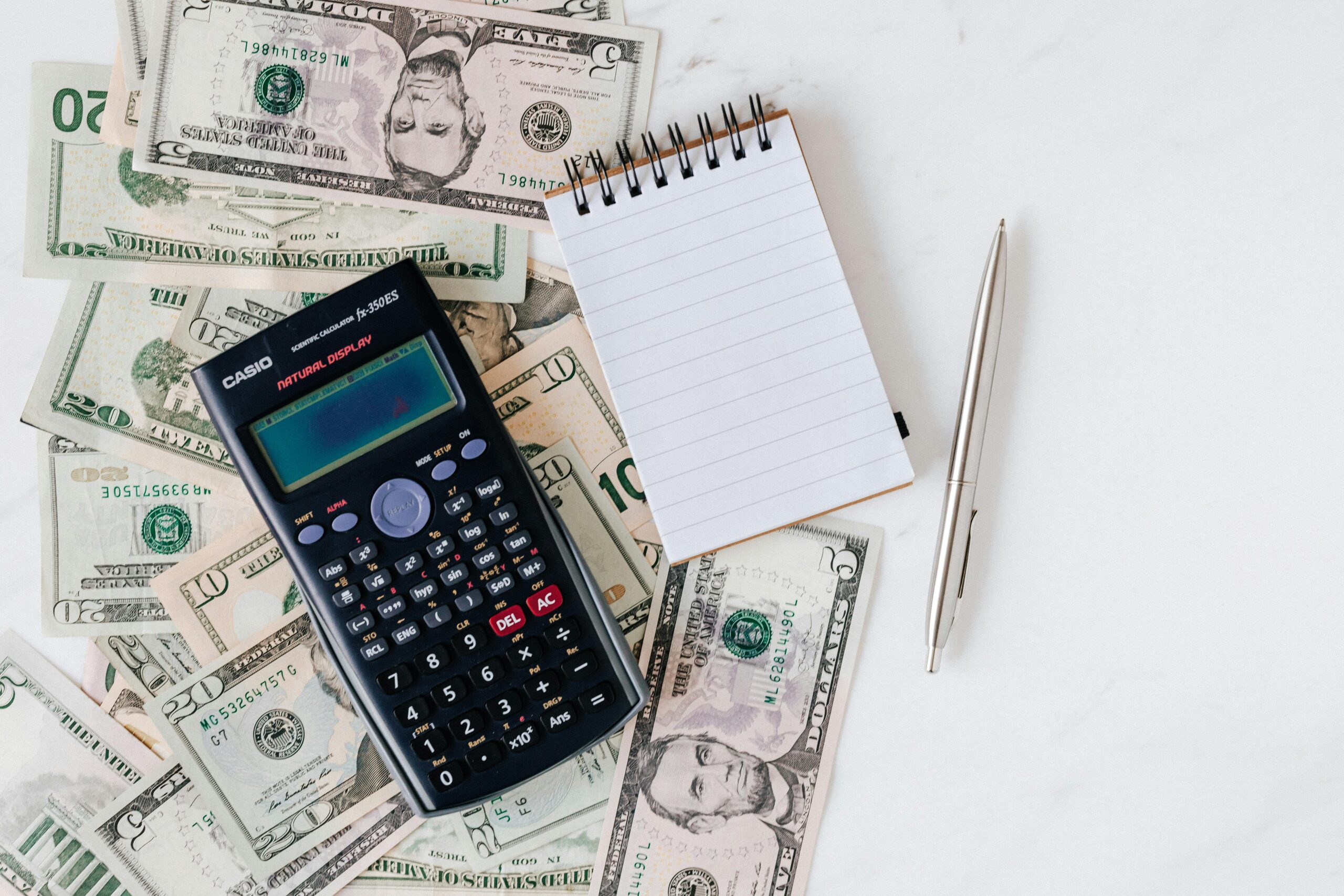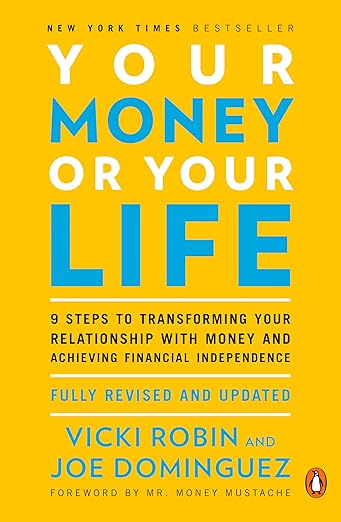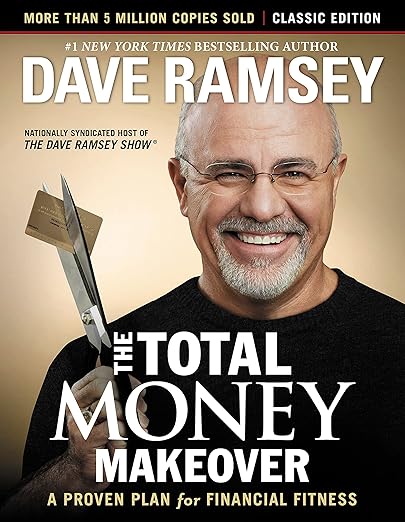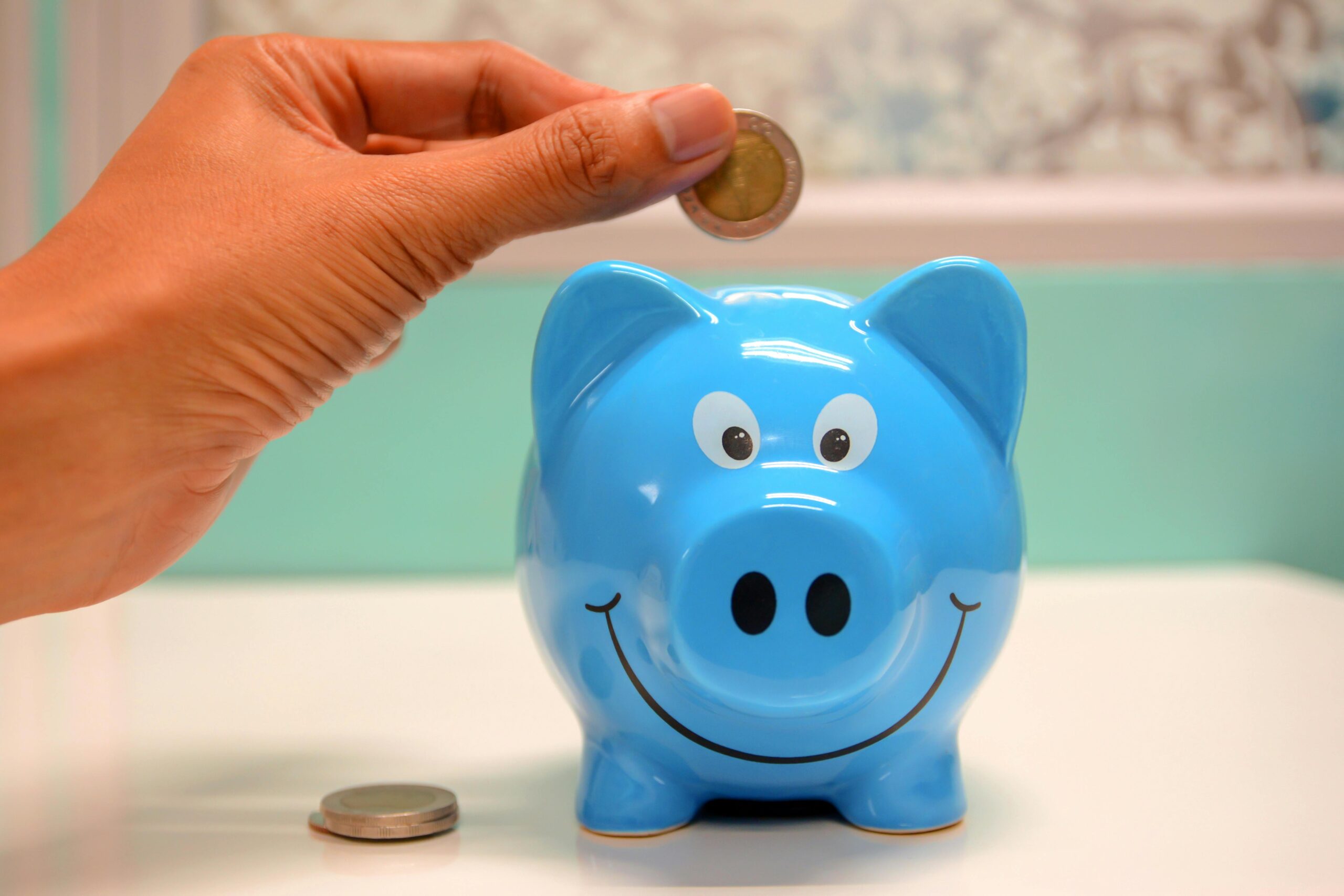Budgeting after addiction is not just about managing numbers—it’s about rebuilding trust, creating structure, and cultivating a life rooted in intention. Recovery isn’t only emotional and physical; it’s also financial. And while achieving sobriety is a major milestone, learning to manage your money with clarity and confidence plays a vital role in long-term healing.
A quick note: certain links on this page are affiliate links. If you buy through them, we may receive a small commission. This helps us keep High Stakes Healing running and continue offering free recovery resources. We only share tools and books we trust to help you heal.
Why Budgeting Matters in Recovery
After addiction, financial chaos is often one of the most lingering effects. Poor money management, debt accumulation, or impulsive spending can become triggers for stress, shame, and ultimately relapse. That’s why budgeting after addiction is more than a practical skill—it’s a recovery tool.
Rebuild Financial Confidence
Budgeting doesn’t have to be overwhelming. PocketSmith offers clear tools to manage spending and debt—so you can focus on healing, not just numbers.
Intentional budgeting helps you:
- Reduce anxiety and emotional spending patterns
- Regain a sense of control over your life
- Develop accountability and self-trust
- Align your financial decisions with your recovery values
Step-by-Step Budgeting Framework for Life After Addiction
1. Take Inventory of Your Financial Situation
Begin by clearly listing all income sources, fixed expenses, variable expenses, and outstanding debts. Financial clarity is foundational. Even if your numbers are uncomfortable, facing them is the first courageous step toward freedom.
2. Identify Emotional Spending Triggers
Recovery brings emotional highs and lows. Many people relapse financially before they relapse behaviorally. Pay attention to moments when you’re tempted to spend impulsively—stress, loneliness, boredom, or even joy can be triggers.
3. Build a Realistic Monthly Budget
Use the 50/30/20 rule as a starting point:
- 50% for essentials (housing, food, transportation)
- 30% for discretionary spending (non-essentials)
- 20% for savings and debt repayment
If you’re in recovery, therapy sessions, support groups, or sobriety-related needs may fall under essentials. Adjust the formula to reflect your real life and healing journey.
4. Set SMART Financial Goals
Recovery thrives on structure. Create goals that are Specific, Measurable, Achievable, Relevant, and Time-bound. Examples include:
- Save $500 per month for an emergency fund
- Pay off $5,000 in debt over 3 months
- Track all spending weekly for 90 days
5. Limit Access to Risky Funds
If impulse control around money remains a challenge, consider strategies like:
- Using prepaid debit cards instead of credit cards
- Setting withdrawal limits
- Assigning a trusted accountability partner to co-manage funds temporarily
6. Track Every Dollar You Spend
Awareness is everything. Use simple budgeting apps such as:
- PocketGuard – For easy visual budgeting
- Goodbudget – Uses an envelope method
- EveryDollar – Based on zero-based budgeting principles
7. Build an Emergency Fund
Even saving $500 monthly is a huge step. Emergency funds reduce financial panic, prevent debt relapse, and help you weather unexpected challenges without jeopardizing your recovery.
8. Seek Financial Counseling
Consider working with a financial counselor or support services that understand the connection between money and addiction. Groups like Gamblers Anonymous often provide financial guidance as part of their recovery programs.
Guidance When You Need It Most
Struggling with urges or setbacks? With Online-Therapy.com, you can reach professional support, practical tools, and a structured program to help you stay on track.
Emotional and Relational Healing Around Money
Budgeting after addiction may also involve rebuilding trust with loved ones. If financial secrecy or manipulation occurred during active addiction, transparency and open dialogue are essential. Try to:
- Discuss your budget with a trusted partner or sponsor
- Celebrate small wins together
- Be honest when mistakes happen
Recommended Books on Financial Recovery
Rebuilding Your Finances
When gambling ends, the bills and debts don’t vanish overnight. These recommended books help you take back control, rebuild savings, and plan for a more stable tomorrow.
Supportive Podcasts for Budgeting After Addiction Recovery
- Recovery Rocks – Discusses money, relationships, and sobriety
- The Bubble Hour – Focuses on recovery and emotional growth
- The Unruffled Podcast – Talks about financial boundaries and emotional balance in recovery
Final Reflection
Every peso you save, every urge you resist, and every financial habit you change is a win. Budgeting after addiction isn’t just financial—it’s emotional. It’s about proving to yourself that you can be trusted, that you’re capable, and that healing includes your relationship with money.
You are not alone. You are rebuilding with intention, strength, and purpose—one mindful financial step at a time.
Subscribe to our newsletter for recovery tools and budgeting support.
Visit our Recovery Planning for Gambling Addiction to reduce financial stress during recovery.
Explore Free Resources for you or someone you love.








